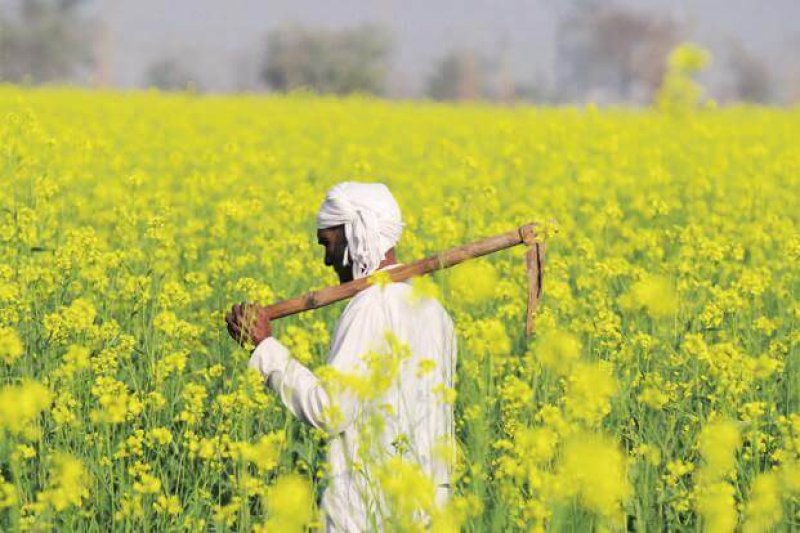…
As a result of the government’s indecisiveness, GM technology developers have been side-lined …. The approval for the transgenic mustard, developed by Deepak Pental, who invented GM mustard in India, has come to a standstill. DHM-11 got clearance from the GEAC in 2017, but then environment minister, Dr Harsh Vardhan sent it back to GEAC for reconsideration.
…
The Biotechnology Regulatory Authority of India Bill, 2013 envisages establishment of an independent authority — the Biotechnology Regulatory Authority of India (BRAI) — for the regulation of organisms and products of modern biotechnology.
However, the bill was met with strong opposition by anti-GMO activists presenting it as attempts to lower the bar for approvals. To have an independent regulator is not inherently a pro or anti-GM move, but rather a call for a coherent, predictable, and transparent framework that can rise above the current whirling, high-pitched debate.































